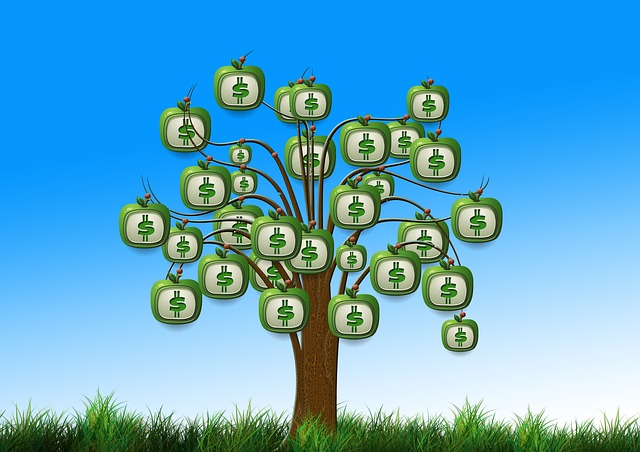Netflix, the American media-services provider, headquartered in Los Gatos, California, is currently the world’s leading internet entertainment service with roughly 139 million paid subscribers in over 190 countries. This comes despite the raft of accounts strategically shared by its subscribers, the increasing usage of VPN for international access to titles exclusive to some regions, and the ever-waxing dilemma of online piracy.
Netflix prospers still, effectively delineating the fact that the company is not merely successful for having perfected the media streaming industry, but for the content the online service provides. This content has for the past couple of years been inundated by original, Netflix-sponsored and produced titles such as Orange is the New Black, House of Cards, and The Unbreakable Kimmy Schimdt. These titles are some of the first ones produced by the company; their success set the standard for all the successful titles that came after – the groundbreaking, controversial, and easily-canceled shows – if at they managed to land a pilot episode.
Of course, this was not the allure of Netflix when it was founded. Indeed, Netflix did not set out to become a platform for the breakdown of stereotypical storytelling, but a successful online DVD rental store. Moreover, a great amount of the company’s early revenue came from deals with the big media giants, such as Warner Brothers and Columbia film studio – deals that bequeathed the company with the license to include titles produced by these big companies. The partnership with Best Buy gave Netflix users access to the titles available in the chain’s 1,800 stores throughout the United States. A history of the company’s former and current producers and distributors include big names such as the CBS Corporation, 20th Century Fox Television, Disney, Nickelodeon, Paramount Pictures, and the Weinstein Company. Unwittingly, these media and television giants created the pathway to the establishment of a solid and powerful customer base.
These companies provided Netflix with the user base that now feeds on the company’s more audacious, less parochial, and unapologetically controversial titles. These include themes historically underrepresented, all the while opening the users’ world to international titles one cannot simply find on regular local television: Asian dramas, Asian animated films, telenovelas, and documentaries.

One more episode | Pixabay
Having been incredible triumphant, the Netflix strategy has come to inspire multiple companies to instigate their own entertainment subscription service; Hulu capitalizes on The Handmaid’s Tale, Amazon Prime now includes not only cheaper discounts and free delivery, but their own homegrown titles, and the upcoming Disney subscription service will lead to the company pulling out all its titles from Netflix this year, including Pixar titles.
The onslaught of companies now providing their own subscription service is doing two things well, outside of financial gain: displacing network television, and effectively increasing the people’s bills. CBS Corporation’s partnership with Netflix has helped the success of the interlinked superhero franchises: Arrow, Supergirl, The Flash, The Legends of Tomorrow, and their most recent addition, Black Lightning. Having all these shows at one’s fingertips provides users the kind of immersive binging almost impossible to replicate outside of the service – not only is it commercial-free, but includes access to the show crossovers as they happen. It is really no surprise that the contract CBS signed with Netflix is a multi-year output.

Subscription money tree | Pixabay
This outcome of companies such as CBS working in partnership with Netflix provides the users with an undeniable advantage: more of their beloved shows in one place. Such an outcome is incredible customer-friendly, as beneficial as Netflix actively working with prolific, established, and incredible talents such as Shonda Rhimes – the showrunner for the decades-old and still-going-strong Grey’s Anatomy.
Despite this, Netflix’s success has led to the likes of Hulu, Amazon Prime, and YouTube Subscription. The rise of these subscription services can easily be deduced as one of the primary factors for the recent, and seemingly incessant proliferation of original and pioneering Netflix content – a bid to further raise and establish a solid customer base.
The customers are left to suffer multiple monthly subscriptions, potentially leading to more aggressive account-sharing, or one can argue – the most likely scenario – a relaxed attitude to online piracy. This begs the question: is online piracy solely on the shoulders of those torrenting the new season of The Handmaid’s Tale, or is it a more societal affair?

